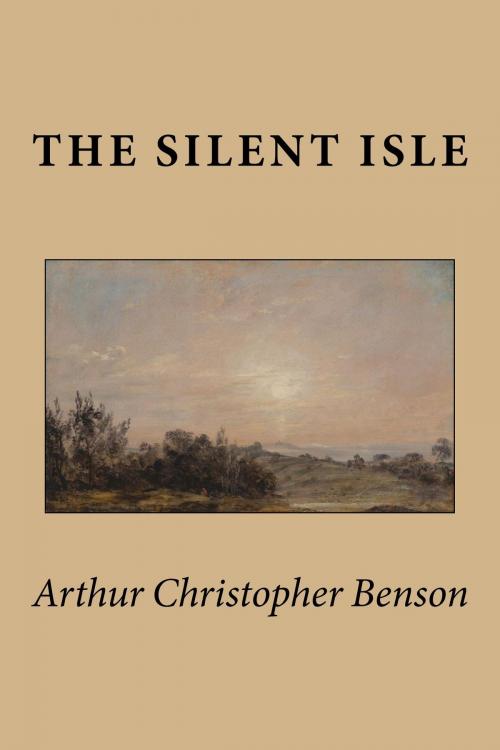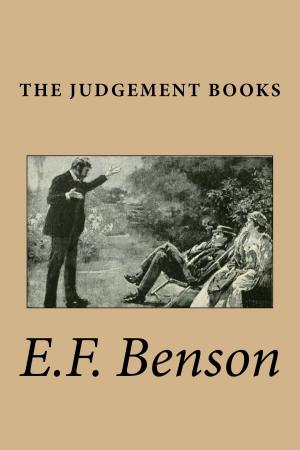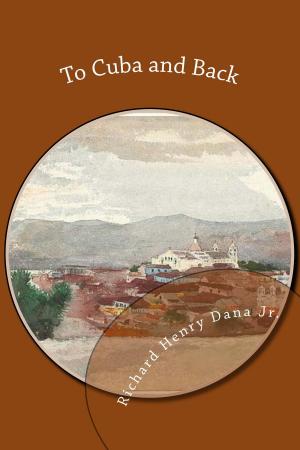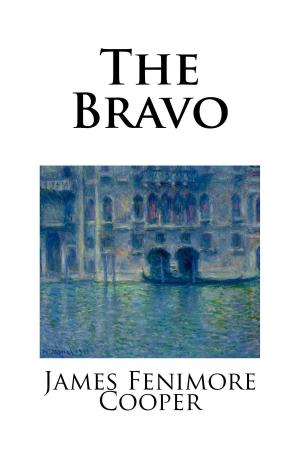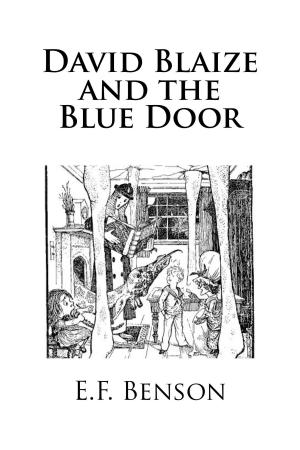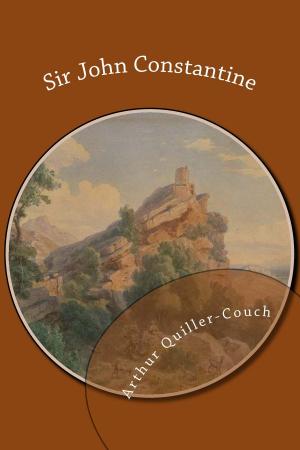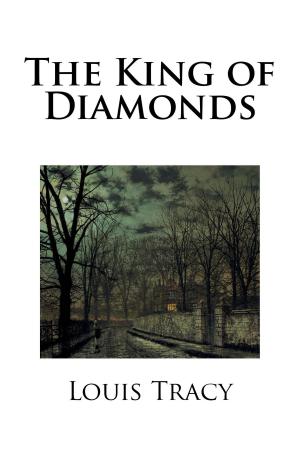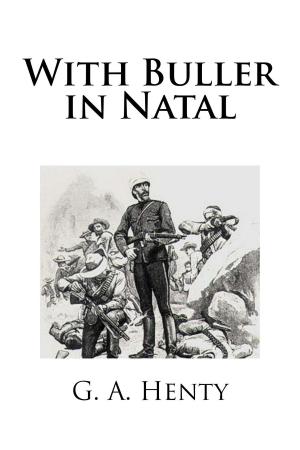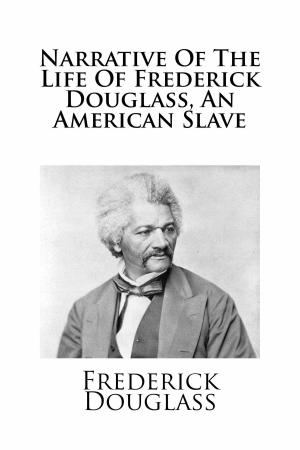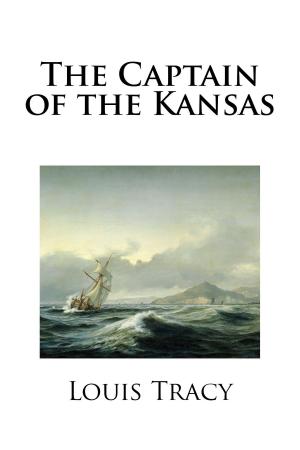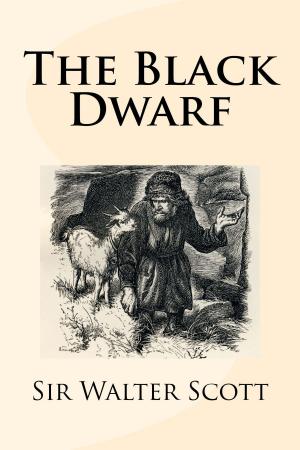| Author: | Arthur Christopher Benson | ISBN: | 1230000666015 |
| Publisher: | Treasureword Classics | Publication: | September 15, 2015 |
| Imprint: | Language: | English |
| Author: | Arthur Christopher Benson |
| ISBN: | 1230000666015 |
| Publisher: | Treasureword Classics |
| Publication: | September 15, 2015 |
| Imprint: | |
| Language: | English |
From the introduction:
The book that follows is an attempt, or rather a hundred attempts, to sketch some of the details of life, seen from a simple plane enough, and with no desire to conform it to a theory, or to find anything very definite in it, or to omit anything because it did not fit in with prejudices or predilections. The only unity of mood which it reflects is the unity of purpose which comes from a decision. I had chosen a life which seemed to me then to be wholesome, temperate, and simple, in exchange for a life that was complicated, restless, and mechanical. The choice was not in the least a revolt against conventions; it was only the result of a deliberate belief that conventions were not necessary to contentment, and that if one never ventured anything in general, one would never gain anything in particular. It was not, to speak with absolute frankness, intended to be an attempt to shirk my fair share of the natural human burden. If I had believed in my own power of bearing that burden profitably and efficiently, I hope I should not have laid it down. It was rather that I thought that I had carried a burden long enough, without having the curiosity to see what it contained. When I did untie it and inspect it, it seemed to me that a great part of what it contained was not particularly useful, but designed, like the furniture of the White Knight's horse, in Through the Looking Glass, to provide against unlikely contingencies. I thought that I might live life, of the brevity and frailty of which I had become suddenly aware, upon simpler and more rational lines.
From the introduction:
The book that follows is an attempt, or rather a hundred attempts, to sketch some of the details of life, seen from a simple plane enough, and with no desire to conform it to a theory, or to find anything very definite in it, or to omit anything because it did not fit in with prejudices or predilections. The only unity of mood which it reflects is the unity of purpose which comes from a decision. I had chosen a life which seemed to me then to be wholesome, temperate, and simple, in exchange for a life that was complicated, restless, and mechanical. The choice was not in the least a revolt against conventions; it was only the result of a deliberate belief that conventions were not necessary to contentment, and that if one never ventured anything in general, one would never gain anything in particular. It was not, to speak with absolute frankness, intended to be an attempt to shirk my fair share of the natural human burden. If I had believed in my own power of bearing that burden profitably and efficiently, I hope I should not have laid it down. It was rather that I thought that I had carried a burden long enough, without having the curiosity to see what it contained. When I did untie it and inspect it, it seemed to me that a great part of what it contained was not particularly useful, but designed, like the furniture of the White Knight's horse, in Through the Looking Glass, to provide against unlikely contingencies. I thought that I might live life, of the brevity and frailty of which I had become suddenly aware, upon simpler and more rational lines.
